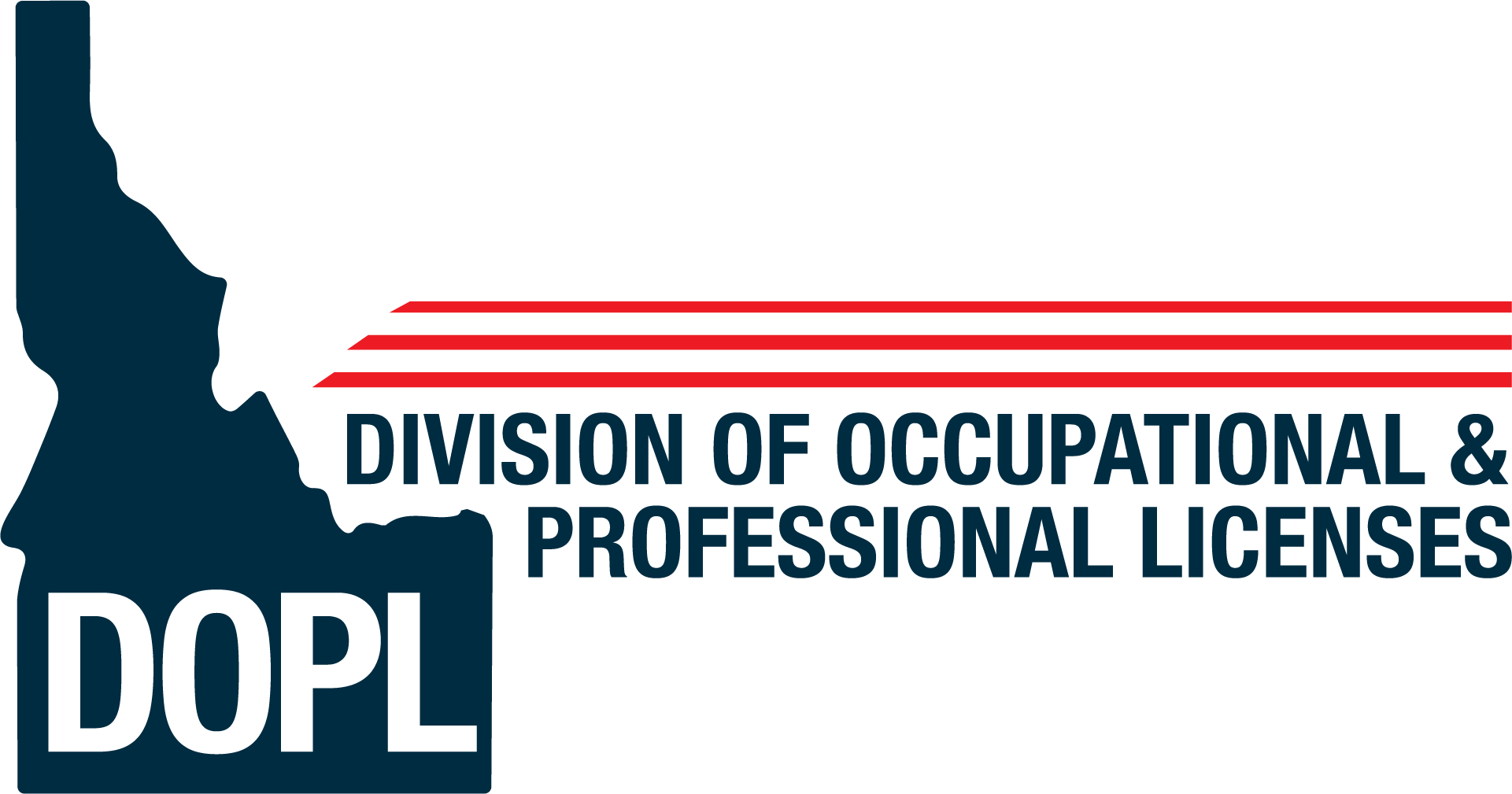Coursework Addendum for Non-CACREP degrees
LPC Evaluation and Verification of Supervised Experience Form
LCPC Evaluation and Verification of Supervised Experience Form
MFT Evaluation and Verification of Supervised Experience Form
Criminal Conviction Disclosure Form
Q: How do I request and add supervisor privileges to my LCPC or LMFT license?
A: To add privileges to a licensee’s account they must first request them through our online portal Online Services (idaho.gov). Before requesting privileges you must first create an online account and link their existing license. Screenshots providing step-by-step instructions on how to sign up and link your license can be found in the blue banner at the top of the Online Services homepage. Once an account is created and your license has been linked to the account, you must log in.
To add supervisor privileges to your account, click on the “Menu” link next to your license number and then click the “Maintain Privileges” link. After your request has been placed through the online portal, email proof of completion of the required 15-hour supervision training course to cou@dopl.idaho.gov. The request will be evaluated, and supervisor privileges will be approved when it has been determined that the individual meets all requirements.

